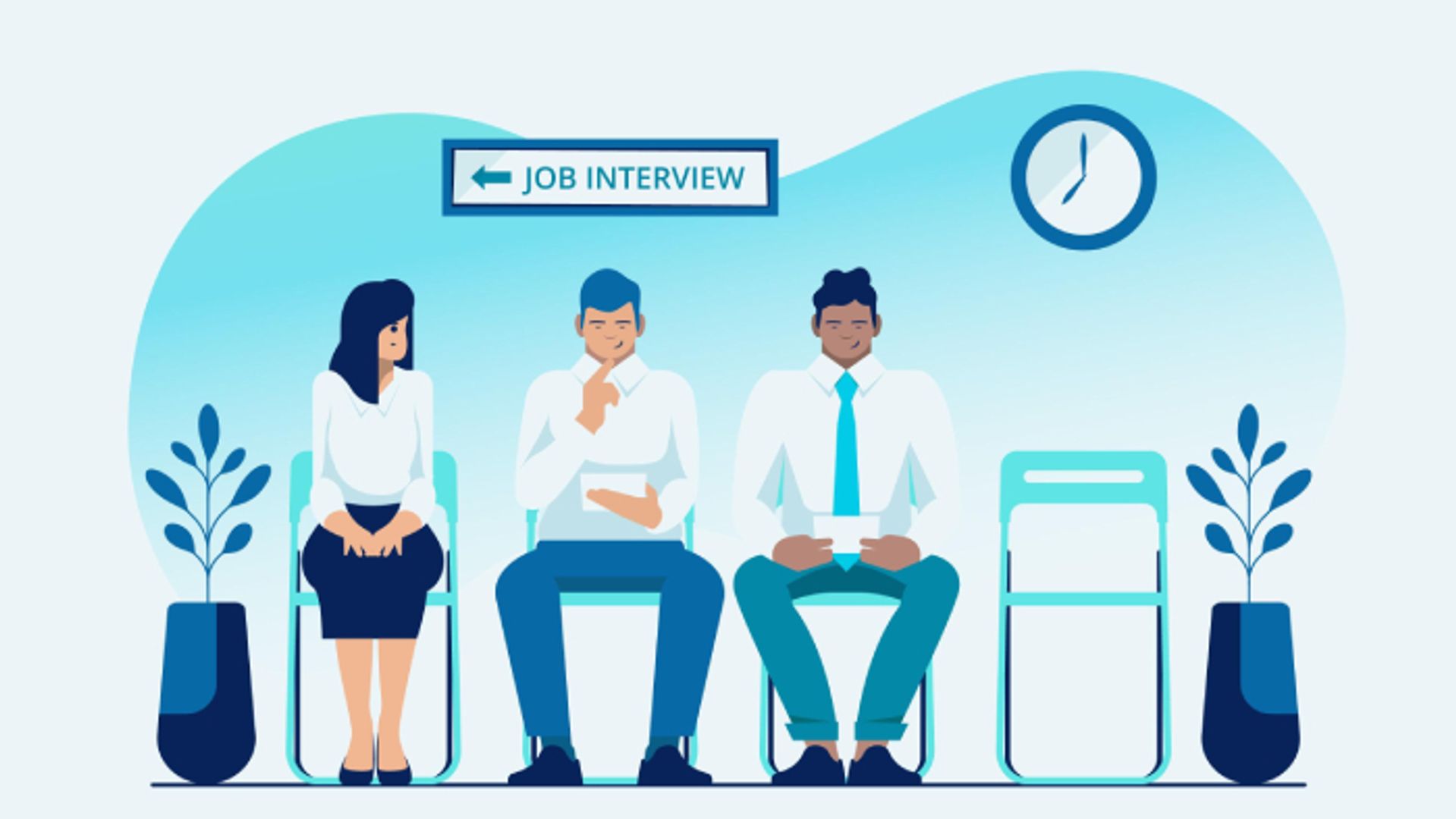Going above and beyond the call of duty involves putting in extra effort, such as working overtime or exceeding the requirements of your position by mentoring a new hire or helping a coworker meet project deadlines. It is similar to "going the extra mile" and essentially means the same thing.
Some job seekers struggle with responding to behavior-based questions, but this presents an excellent opportunity to showcase your abilities, expertise, and qualifications that make you an ideal fit for the position. To impress the hiring manager, it is important to practice formulating responses to these types of queries. Interviewers may ask this particular question to gain insight into your work ethic and how you define going "above and beyond."
Five Tips for Your Response
- Choose an authentic experience from the past, and be honest when describing it.
- Pick one instance you can relate to the new job that represents one of your finest successes.
- Highlight the actions that went "above and beyond" the predetermined guidelines.
- Be a proactive person.
- Emphasize the productive outcomes.
5 Errors to Avoid
- Try to talk only a little.
- Stay away from activities that are not work-related.
- Avert ambiguous responses.
- Avoid ambiguous circumstances (like unethical behavior).
- Please don't make it seem like what you did was required of you
How do you excel at your job beyond the call of duty?
This interview question is likely intended to gather insights into your work ethic and your understanding of exceeding expectations and going beyond what is required. You respond by highlighting your excellent work ethic and giving a specific example from a previous position that demonstrates how you went "above and beyond."
The diverse ways make interview questions more challenging than some businesses construct their inquiries. Regardless of how they phrase it, the hiring manager is probably seeking the same thing when they ask you to "give me an example of a situation in that you went above and beyond the call of duty at work." Preparation and knowledge of the STAR method are required to deliver a decisive answer.
How to Respond to the Question, "Tell Me About a Time When You Went Above and Beyond the Call of Duty to Complete the Task," Question about Behavior in an Interview.
1. Aim to Work Hard

Every time you react to a question, you should consider what the interviewer is attempting to understand to craft your response correctly. They are intrigued to gain insights into your work ethic and unwavering dedication towards this role. If you aim to present yourself as a strong candidate for the job, your story should highlight these qualities. There are several methods to draw attention to your capacity for hard work. You can discuss your willingness to work late or your capacity to complete tasks before the deadline. Although these two responses are entirely different, both reveal your work ethic.
2. Consider Your Example

It would help if you took the time to consider the example you will give because behavioral interview questions are made to examine your past behavior to assess what you might do in the future. You need to provide a tale demonstrating your willingness to make the necessary effort to respond to this specific Question. You must practice presenting your experience to ensure you include the relevant information and order your response correctly. It would be best if you also chose the right moment to share.
Scenario: For the hiring manager to better understand the situation, you should provide a brief background.
Task: Occasionally, describing the task you were given is preferable to outlining the circumstances.
Action: Describe what you did to finish the task or fix the problem.
Last but not least, discuss the outcome of your activities.
3. Describe how you define going "beyond the call of duty."

Finally, you should define what you mean by "going above the call of duty." For some, it's adjusting to organizational changes or resolving issues before they get out of hand. One employee can interpret this as doing the task at hand, while another belief it to entail finishing the task with other related tasks. Your tale may seem lacking if you don't explain what it means. Giving a thorough definition is a great approach to give the hiring manager a benchmark against which to evaluate your competition.
4. Consider a project you did that had a specific objective.

Remember when you worked on a task or project with a defined objective? Give a clear explanation of the objective and what your leader anticipated of you. Before you try to wow them with your narrative about exceeding expectations, this helps your interviewer comprehend the scenario.
5. Explain why you went above and beyond.

Most likely, the person conducting the interview wants to know your thoughts. Inform them of the circumstances that made going above and beyond appropriate and how you thought doing so would help your division or business. If you want the interviewer to understand why you chose to go above and beyond what was required, you should provide them with some specific background information on the project or assignment given to you.
6. Describe the outcome.

Last but not least, tell the interviewer about a successful outcome. You may, for instance, describe the satisfaction a client expressed after receiving your above-and-beyond customer service or give metrics based on a project that required you to finish a task with quantifiable results. When you've finished describing the outcome to the interviewer, end your response with a phrase demonstrating your willingness to go above and beyond for your causes.
Conclusion
The hiring manager wants more than just a specific instance of when you went above and beyond when they ask you this often-asked interview question. They also want to assess your devotion to the organization you work for, your work ethic, and your attitude toward your employment. It is challenging to respond appropriately to this interview question, so be sure to put in the extra effort by considering the advice and answer examples in this post as you craft your unique response. You may make a terrific impression on your interviewer by being well-prepared.


